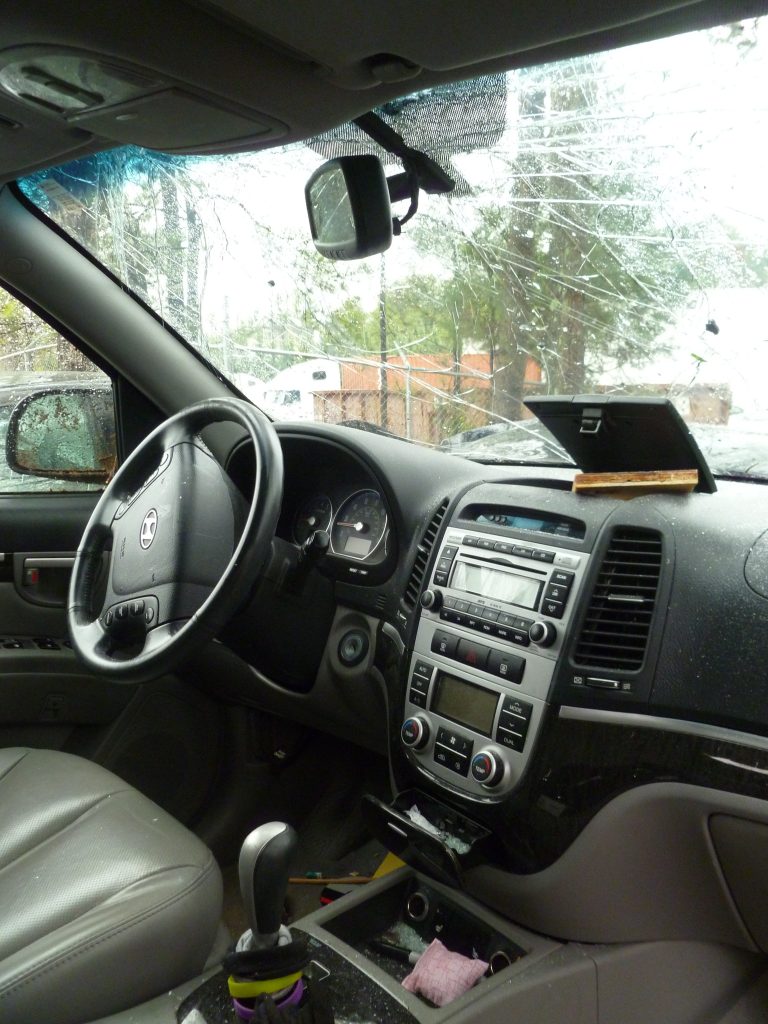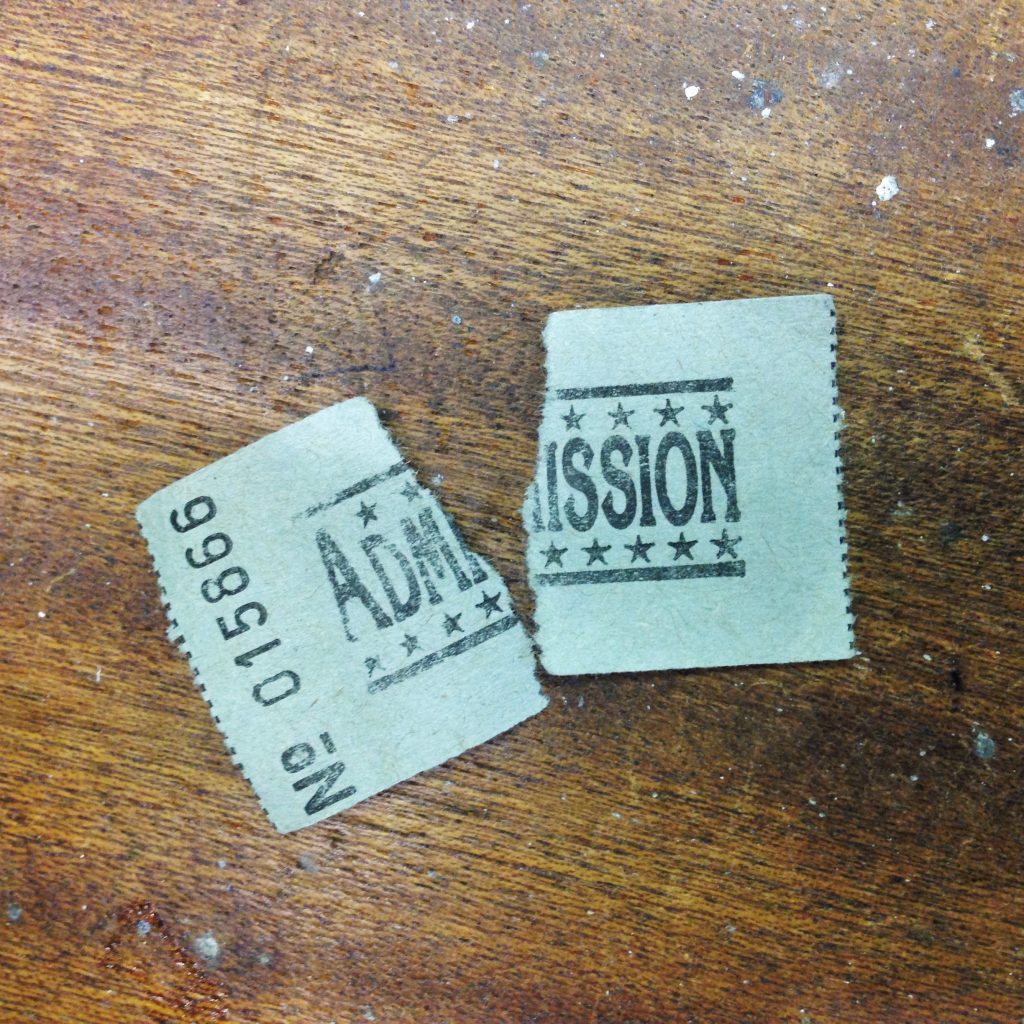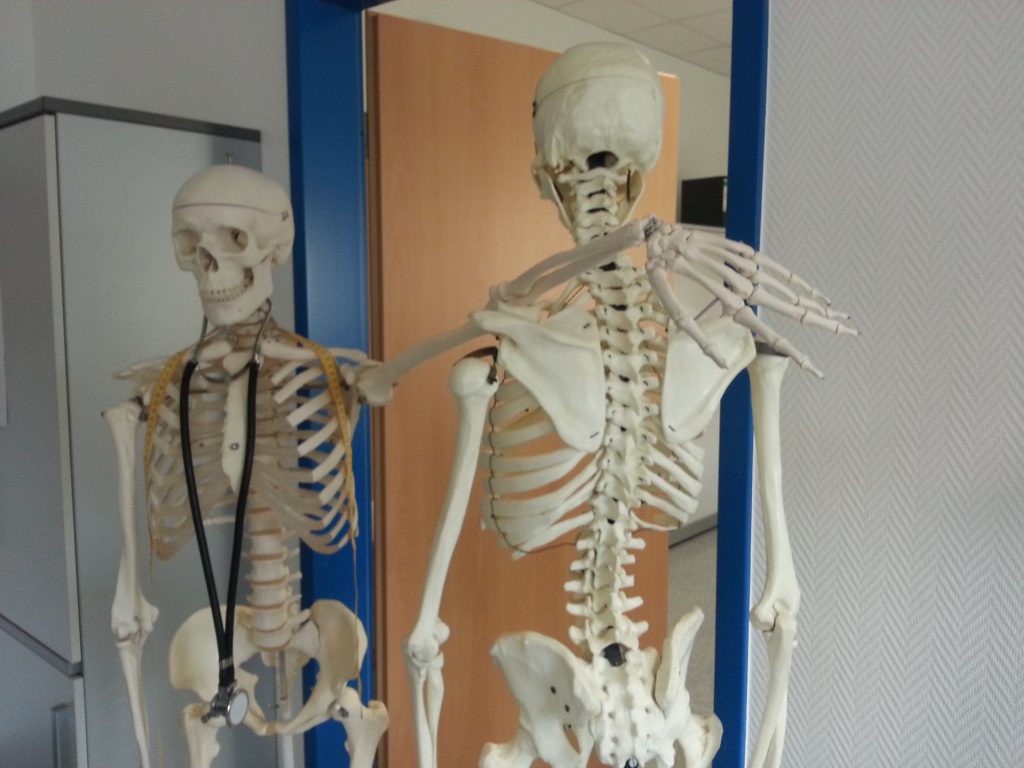 A dilatory exception for prematurity is defined in the Louisiana Code of Civil Procedure Article 926(A). There are many reasons why a lawsuit may be premature, or in other words, ripe for a dilatory exception of prematurity. A case may be premature when it is too early in a dispute for the court to have the authority to rule on it. A lawsuit may be premature if there is another administrative body that the case should go to beforehand. The legal issues of prematurity and dilatory exceptions are shown below in a lawsuit from St. Tammany parish.
A dilatory exception for prematurity is defined in the Louisiana Code of Civil Procedure Article 926(A). There are many reasons why a lawsuit may be premature, or in other words, ripe for a dilatory exception of prematurity. A case may be premature when it is too early in a dispute for the court to have the authority to rule on it. A lawsuit may be premature if there is another administrative body that the case should go to beforehand. The legal issues of prematurity and dilatory exceptions are shown below in a lawsuit from St. Tammany parish.
A Nestle Holdings employee was injured during his employment, and Nestle received a large bill from Lakeview Regional Medical Center (LRMC) for surgery on the employee. Nestle responded by sending back about 10% of the original price, expecting LRMC to initiate an administrative action, which would give Nestle a chance to argue for a lesser price. However, when LRMC did nothing to protest the partial payment, Nestle filed a complaint with the Office of Worker’s Compensation (OWC), a judicial body. OWC rejected the complaint and granted LRMC’s claim of a dilatory exception of prematurity; Nestle appealed the OWC decision to the First Circuit Court of Appeals.
The First Circuit Court of Appeals upheld the OWC decision to dismiss the complaint due to prematurity. The court first examined Louisiana Code of Civil Procedure Article 926(A)(1), reasoning that it allows for a dilatory exception objection of prematurity to be brought before the litigation commences. The court held that this objection may be used in lawsuits where the law or contract allows for a procedure for the party to seek out administrative relief before resorting to filing a lawsuit. If this exception is raised, the person who raises it bears the initial burden of showing that another remedy or procedure applies, and therefore the lawsuit is premature. For example, this can be done by filing a copy of the contract between the parties into the record, assuming the contract discusses a prelawsuit procedure. After the existence of the alternative remedy is established, the burden then shifts to the other party to show that the specific remedy or procedure has been exhausted.
 Louisiana Personal Injury Lawyer Blog
Louisiana Personal Injury Lawyer Blog


 Often people are injured by a person who appears to be an employee of a company. However, just because someone seems to be working for a business doesn’t necessarily mean they are an employee. If you’re hurt by an employee of a company and want to seek damages, whether the person is an employee or an independent contractor could make a big difference in your case. The following case explains the difference between an employee and an independent contract for determining who will be liable for the injured party’s claims.
Often people are injured by a person who appears to be an employee of a company. However, just because someone seems to be working for a business doesn’t necessarily mean they are an employee. If you’re hurt by an employee of a company and want to seek damages, whether the person is an employee or an independent contractor could make a big difference in your case. The following case explains the difference between an employee and an independent contract for determining who will be liable for the injured party’s claims.  Removal of estate executors can be difficult and require many hours of work. Not only does a petition need to be filed with the court, but the executor being removed must be notified, which often results in a legal battle. Things can become even more complicated when long-lost relatives appear. The following case discusses how the heirs of an estate may seek to remove the executor.
Removal of estate executors can be difficult and require many hours of work. Not only does a petition need to be filed with the court, but the executor being removed must be notified, which often results in a legal battle. Things can become even more complicated when long-lost relatives appear. The following case discusses how the heirs of an estate may seek to remove the executor. If you slip and fall at a store, you might think the store will be liable for your injuries. However, to succeed in a slip-and-fall claim in Louisiana, there are various elements you must show before you can recover. You might not recover for your injuries if you do not provide evidence to support your claims.
If you slip and fall at a store, you might think the store will be liable for your injuries. However, to succeed in a slip-and-fall claim in Louisiana, there are various elements you must show before you can recover. You might not recover for your injuries if you do not provide evidence to support your claims.  When a chemical leaks from a local business and spreads to a residential area, it is easy to assume that the company has exposed itself to liability for every person exposed to the leak. But what does someone have to prove to be compensated for their exposure? A case out of Avondale explores this question after twenty people were claimed to have been exposed to
When a chemical leaks from a local business and spreads to a residential area, it is easy to assume that the company has exposed itself to liability for every person exposed to the leak. But what does someone have to prove to be compensated for their exposure? A case out of Avondale explores this question after twenty people were claimed to have been exposed to  Injury and negligence alone cannot support a personal injury claim. There must be causation or a link connecting a negligent act and the related injury to succeed at trial. A consistent medical history and a plaintiff’s credibility can enormously impact whether a jury decides that a negligent act caused an alleged injury. This principle was affirmed by the Calcasieu District Court when plaintiff Treima Williams was unsuccessful in her claim for damages arising from a road traffic accident. The case below shows how contradictory medical history can affect the outcome of your injury lawsuit.
Injury and negligence alone cannot support a personal injury claim. There must be causation or a link connecting a negligent act and the related injury to succeed at trial. A consistent medical history and a plaintiff’s credibility can enormously impact whether a jury decides that a negligent act caused an alleged injury. This principle was affirmed by the Calcasieu District Court when plaintiff Treima Williams was unsuccessful in her claim for damages arising from a road traffic accident. The case below shows how contradictory medical history can affect the outcome of your injury lawsuit.
 Injuries sustained on the job present challenges for the employee and employer, especially when multiple sites of injury are involved. In addition, injuries all over the body can require different medical treatments for each affected area. Specialized treatments such as a spinal cord stimulator can be recommended to alleviate pain to an injured worker. However, a workers compensation insurance company may not be amenable to pay for such treatment. The following case addresses the question, can a workers compensation claimant receive spinal cord stimulator treatment in Louisiana?
Injuries sustained on the job present challenges for the employee and employer, especially when multiple sites of injury are involved. In addition, injuries all over the body can require different medical treatments for each affected area. Specialized treatments such as a spinal cord stimulator can be recommended to alleviate pain to an injured worker. However, a workers compensation insurance company may not be amenable to pay for such treatment. The following case addresses the question, can a workers compensation claimant receive spinal cord stimulator treatment in Louisiana? The Collateral Source Rule in Louisiana law prevents a tortfeasor (a person who harmed another) from benefiting from the victim’s receipt of funds from an independent source. So what does that mean?
The Collateral Source Rule in Louisiana law prevents a tortfeasor (a person who harmed another) from benefiting from the victim’s receipt of funds from an independent source. So what does that mean?